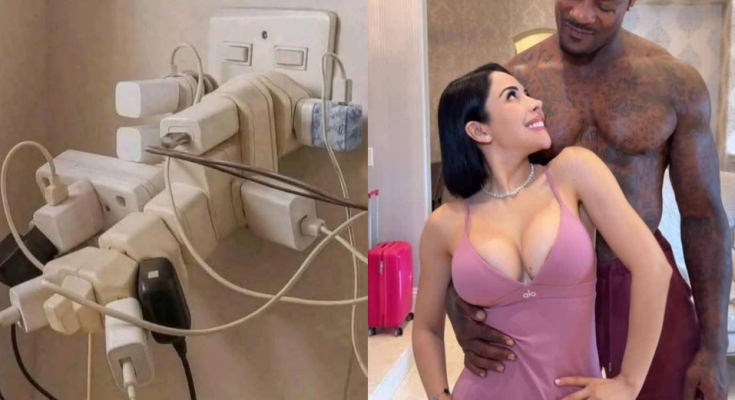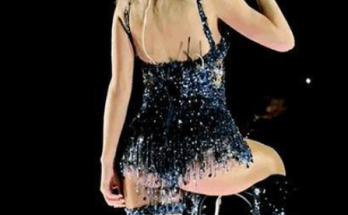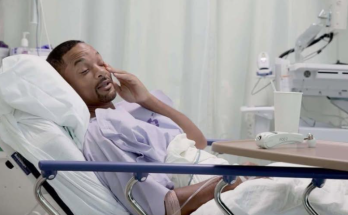When You Know the Past, and Then You Know Its Present
There is a saying that history is not just about the past—it is about the present, about the patterns that continue to shape our lives in ways both visible and invisible. To know the past is not merely to memorize dates or recite names; it is to uncover the roots of the world we inhabit today. And when those roots are revealed, the present becomes clearer, richer, and perhaps more manageable.
The past, in its rawest form, is memory—collective and personal. The present, on the other hand, is a living continuation of those memories. To understand one is to shed light on the other.
The Past as Foundation
Every society, every family, every individual stands upon a foundation built by those who came before. Think of a tree: what we see above the ground—its branches, leaves, and flowers—is the present, constantly changing with the seasons. Yet the roots, hidden and often forgotten, are the past. Without them, the tree would not exist.
When we know the past, we begin to recognize that our present circumstances are not accidents but consequences, shaped by choices made long ago. A nation’s struggles with identity often trace back to centuries-old conflicts. A family’s traditions—its celebrations, its fears, even its silences—come from experiences carried through generations. An individual’s personality, too, is marked by past moments: the triumphs that built confidence, the wounds that left scars.
Without knowing the past, the present appears as a random assortment of events. With knowledge of history, however, the present transforms into a story with continuity, cause, and meaning.
Lessons Written in Time
History is not a perfect teacher, but it is a persistent one. Wars remind us of the cost of unchecked ambition. Revolutions tell us about the yearning for freedom. Epidemics teach us about vulnerability, resilience, and the necessity of compassion.
Consider the great plagues of centuries past. To know that pandemics have swept the world before—decimating populations, reshaping economies, altering politics—allows us to understand more deeply the anxieties of our present when new diseases appear. To ignore the past is to stumble blindly into fear; to know it is to see that humanity has endured, learned, and adapted before.
The same applies on a personal scale. Someone who knows their own past—acknowledging mistakes, honoring achievements—enters the present with wisdom. A person who denies or forgets their history often repeats cycles of harm, trapped in patterns they cannot name.
The Present as Mirror
The present is, in many ways, a mirror of the past. Every protest movement echoes earlier cries for justice. Every technological leap recalls earlier inventions that once seemed impossible. Every generation believes it is unique, yet the struggles of belonging, survival, and meaning remain constant.
Knowing the past allows us to recognize these reflections. What feels like chaos in the moment often makes sense when placed in the long arc of history. Economic crises, political unrest, cultural shifts—they are not random storms, but echoes of past tides.
This knowledge does not diminish the uniqueness of our time; rather, it enriches it. It reminds us that while we are living in the present, we are also part of a continuum stretching far behind us and far ahead.
Healing Through Knowledge
There is also a more intimate truth: knowing the past can be an act of healing. Many wounds, both personal and collective, remain open because they are not understood. Families fractured by silence, communities divided by unspoken histories, nations torn by unresolved injustices—all carry pain that seeps into the present.
When the past is acknowledged—spoken, studied, remembered—the present gains clarity. Silence turns to dialogue. Confusion turns to understanding. This is not to say that every wound heals instantly, but that recognition is the first step toward reconciliation.
For individuals, revisiting one’s past can be daunting. Memories of mistakes, losses, or betrayals can feel heavy. Yet knowing them, facing them, transforms those memories from shadows into lessons. The present self becomes stronger by understanding the journey that shaped it.
The Danger of Forgetting
If knowing the past illuminates the present, forgetting the past leaves us vulnerable. History, when ignored, tends to repeat itself in the most painful ways. Nations that forget the dangers of authoritarianism may slide back into it. Societies that deny histories of oppression often recreate systems of inequality. Individuals who deny their mistakes often make them again.
Forgetting the past is like erasing the map of a land you must still travel. Without it, the journey becomes aimless, dangerous, and uncertain.
Bridging Generations
There is something profoundly human about the way knowledge of the past connects generations. Grandparents tell stories to grandchildren not only to entertain but to anchor them—to remind the young that they come from somewhere, that their lives are part of a larger story. These stories, whether of migration, struggle, survival, or triumph, are threads weaving the fabric of identity.
When the young understand the sacrifices of their ancestors, their present lives take on new meaning. When they see that challenges faced today are not entirely new, they find resilience in the knowledge that their people, their families, their communities, have endured before.
Knowing the Past, Living the Present
The true power of knowing the past is not in nostalgia or dwelling on bygone days—it is in living the present more fully. To know the past is to carry its lessons into the choices of today. It is to recognize that our lives are both inherited and new: we inherit the consequences of history, but we create new chapters with every action.
Think of a composer writing music. Each note stands in the present moment, but it only gains meaning when placed in the context of those that came before and those that will follow. The past provides rhythm, the present provides melody, and together they create harmony.
A Shared Responsibility
Finally, there is responsibility. Knowing the past compels us to act differently in the present. To know of injustice means to resist it now. To know of resilience means to cultivate it now. To know of kindness means to practice it now. Knowledge of the past is not passive—it demands response.
In this sense, history is not a burden but a gift. It is a reminder that while we cannot change what has already been written, we can decide what is written next. And in doing so, we ensure that future generations will not look back on our time with the same mistakes repeated, but with gratitude that we learned, grew, and carried the story forward with care.
Conclusion
When you know the past, and then you know its present, life becomes more than a series of moments—it becomes a story, deeply connected, deeply meaningful. The past explains the present; the present honors the past. Together, they remind us that we are not isolated fragments but part of a continuum, living bridges between what has been and what is yet to come.
To know the past is to see more clearly. To live in the present with that knowledge is to walk forward with wisdom, responsibility, and hope.


